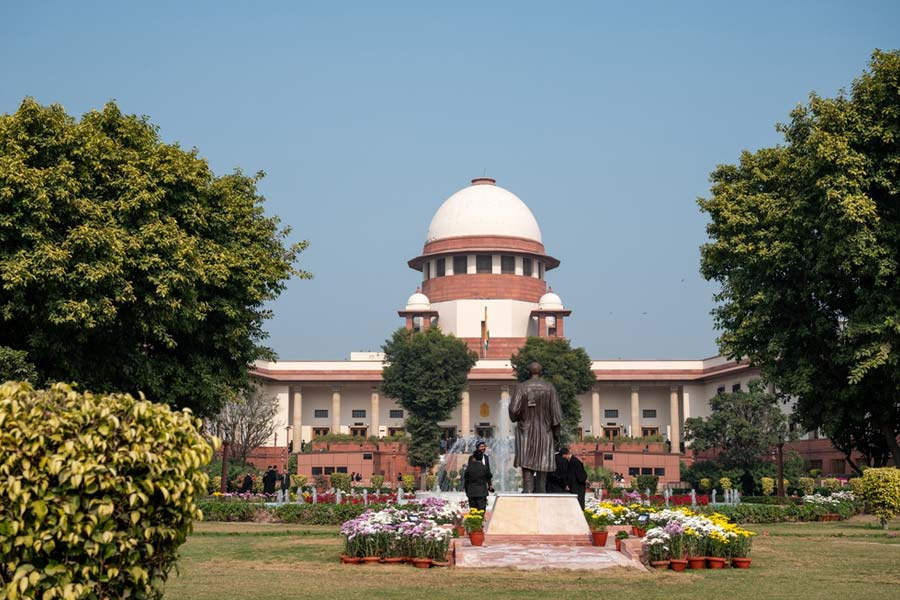The Supreme Court on Friday held that courts cannot direct the media to “delete” or “take down” alleged contemptuous remarks against the judiciary unless the impugned material tends to scandalise the court by making unfounded and sweeping allegations against judges and courts.
For a liberal democracy, both courts and the media must supplement each other, the top court said.
A bench of Justice Abhay S. Oka and Justice Ujjal Bhuyan passed the verdict while setting aside an order of a division bench of Delhi High Court on October 16 wherein it had directed removal from a Wikipedia page certain comments and debates vis-à-vis the judges of the high court who were dealing with a dispute between the news agency ANI and the Wikimedia Foundation.
“Courts, as a public and open institution, must always remain open to public observations, debates and criticisms. In fact, courts should welcome debates and constructive criticism. Every important issue needs to be vigorously debated by the people and the press, even if the issue of debate is sub judice before a court.
“However, those who offer criticism should remember that judges cannot respond to such criticism, but if a publication scandalises the court or a judge or judges and if a case of contempt is made out… certainly courts should take action. But it is not the duty of the court to tell the media: delete this, take that down,” Justice Bhuyan, who authored the judgment, observed.
The Supreme Court said that if a member of the public or a litigant or for that matter even the media tries to scandalise the court by making sweeping and unfounded allegations or by imputing motives against the judge or judges who have passed a judicial order or have conducted the court proceedings, the courts would be justified to initiate criminal contempt proceedings.
“This would also be a ground to direct postponement of publication as contempt of court is a reasonable restriction enumerated under Article 19(2) on the freedom of speech and expression under Article 19(1)(a),” the bench said. It added that for the improvement of any system — and that includes the judiciary — introspection is key. That can happen only if there is a robust debate even on issues which are before the court.
“Both the judiciary and the media are the foundational pillars of democracy, which is a basic feature of our Constitution. For a liberal democracy to thrive, both must supplement each other,” Justice Bhuyan said, adding: “The above position has become more nuanced in the digital age.”
The bench made it clear it was not dealing with the merits of the disputes between ANI and Wikimedia but was only concerned with the power of courts to pass injunctions against the media on court proceedings.
Referring to Wikimedia’s plea that it was merely an intermediary in terms of Section 2(1)(w) read with Section 79 of the Information Technology Act, 2000, providing only technical infrastructure that hosts the platform and does not, publish, add or remove content, the bench said: “…We are not inclined to examine this aspect of the matter since it may have a bearing on the proceedings of the pending suit.”











